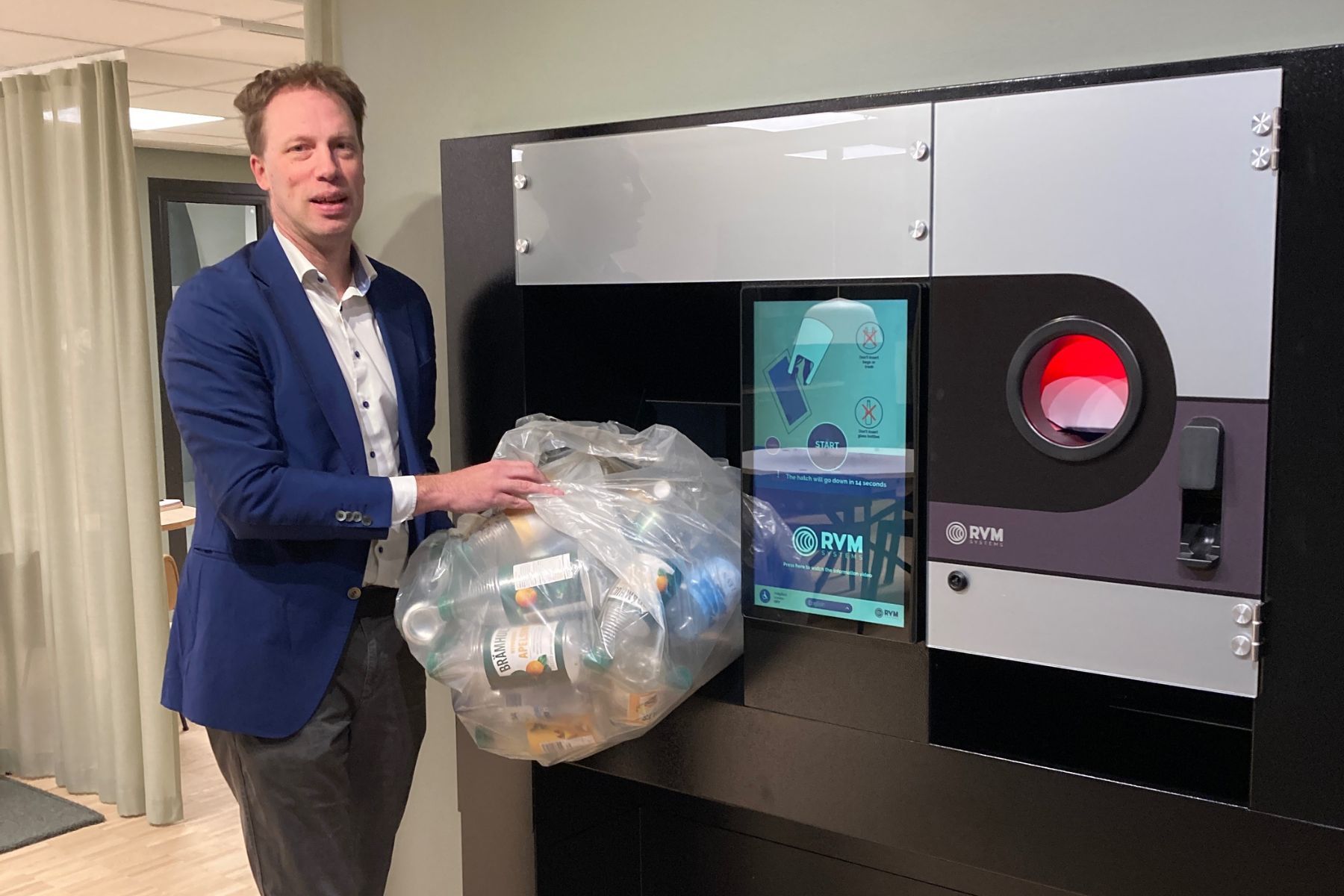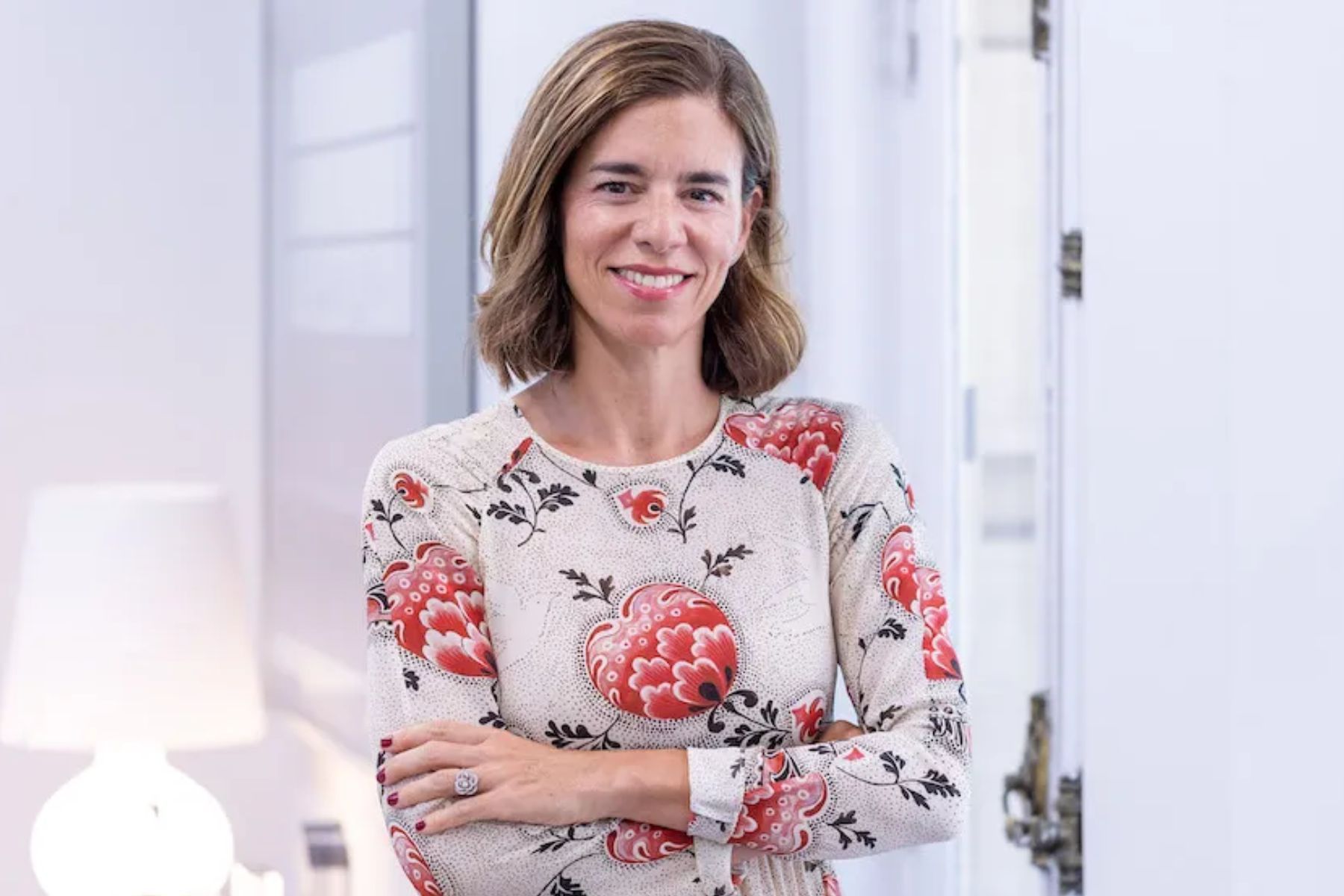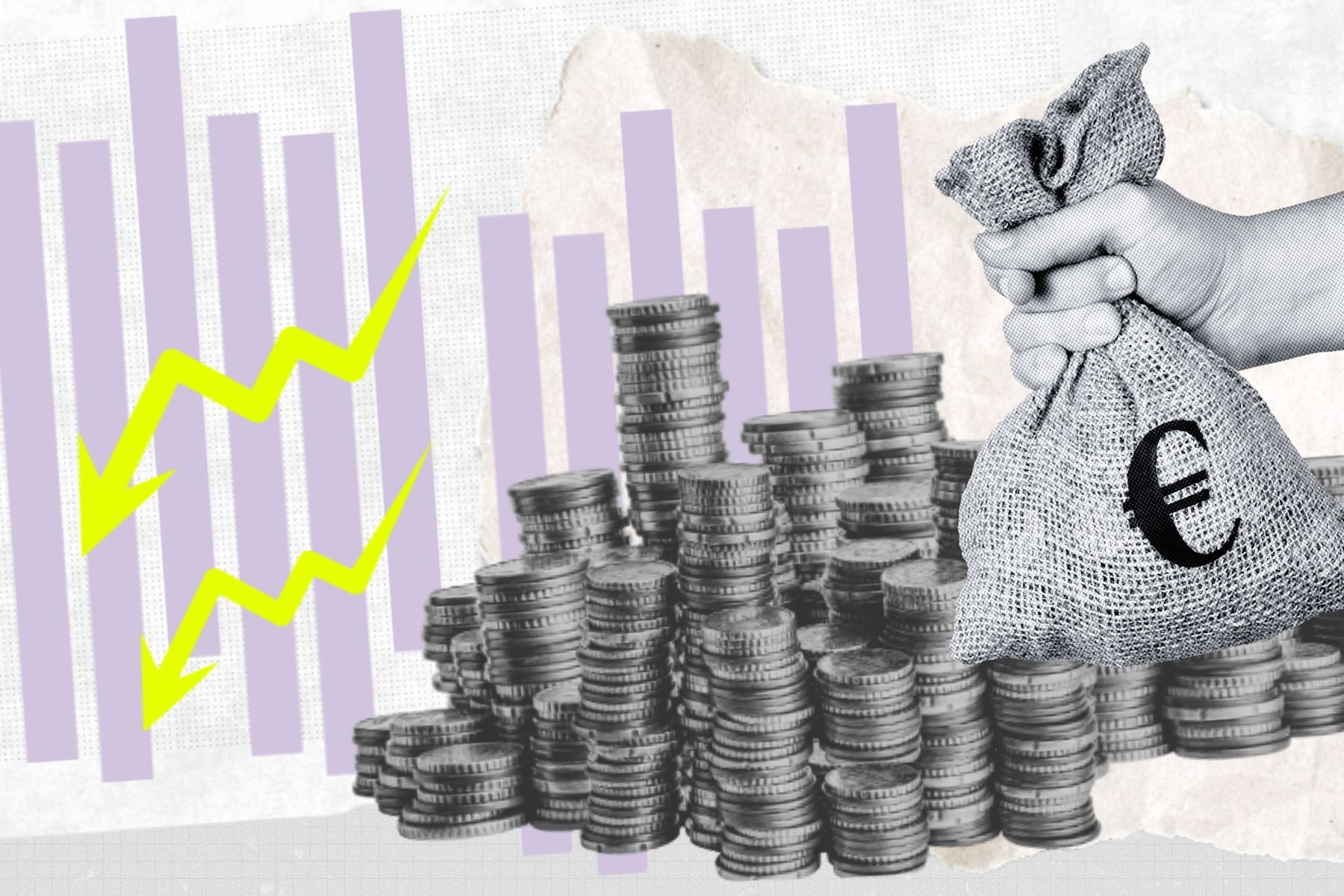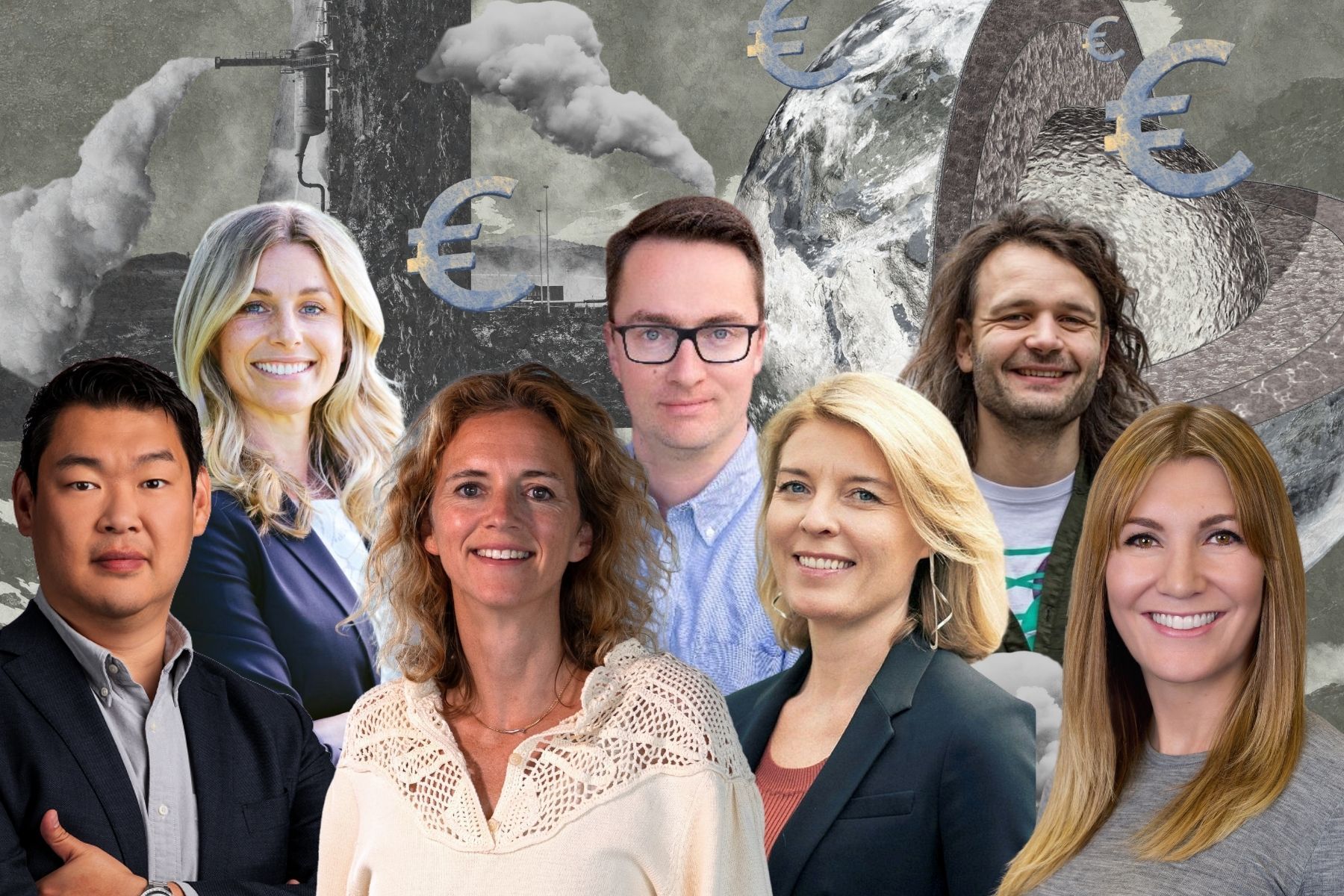Reverse vending firm rides EU plastics crackdown to €90m turnover – but not everyone is happy
RVM Systems, the Swedish reverse vending specialist, has quietly doubled its revenues to just over €90m – landing second place in Impact Loop’s latest ranking of the country’s fastest-growing impact companies.<br><br>But not everyone wants to see the company succeed.


RVM Systems makes the machines and software that underpin bottle and can deposit systems across Europe.
For years, growth was sluggish. After Germany rolled out its nationwide deposit scheme in 2003, few other markets followed.
Niklas Engström stepped in as CEO around 2016, after his father, Gerald Engström, had – following many twists and turns, mergers and a name change – bought out what was then called Repant from the Norwegian stock exchange. His job was mostly about cutting costs.
Then something happened.
"All of a sudden, there was talk about new deposit-return systems across Europe and we felt a bit of a revival. That’s when we decided we should be present in every country that already has such a system – or is on the verge of introducing one," Engström recalls.
Riding the EU wave
That bet has paid off. The firm has captured market share in Slovakia, Romania, Ireland and even Victoria, Australia.
A key driver is the EU’s single-use plastics directive, which requires member states to collect 77% of plastic beverage packaging this year and 90% by 2029. For many countries, a functioning deposit system is the only way to hit those targets, according to Engström.
Spain has now committed to introducing deposits, while the UK has set a launch date for October 2027. France and Italy remain undecided, but Engström is blunt: "They won’t reach their collection goals without it."
RVM is already active in Asia and the US. Singapore will bring in a deposit system in April 2026 with RVM as supplier. The American market is trickier: only 10 states operate deposits, scattered across the country.
"To be credible there, we’d need almost a service organisation in each state," Engström says.
Not everyone’s cheering
But deposit systems don’t have universal support. Waste companies with investments in sorting facilities stand to lose easy revenue from PET bottles and cans. There’s something of a lobby working against the industry.
And even sorting out PET bottles and cans might be easy, it's difficult to get hold of the rest of the plastics, Engström argues.
"When deposits come in, it becomes transparent," he says. "You know exactly how many packages are put on the market – and how many are collected."
He believes the political pressure is only heading one way: "The trend is clear. We’ve positioned ourselves well and we’re optimistic. There’s still a lot left to do."
Get full access to Europe's new platform for impact news
- Quality journalism, interviews, investor profiles and deep-dives
- Daily newsletter with top stories, latest funding rounds and roundup to keep you in the loop
Keep reading – get in the loop!
- Håll dig i loopen med vårt dagliga nyhetsbrev (gratis!)
- Full tillgång till daglig kvalitetsjournalistik med allt du behöver veta inom impact
- Affärsnätverk för entreprenörer och investerare med månatliga meetups
Fortsätt läsa – kom in i loopen!
- Håll dig i loopen med vårt dagliga nyhetsbrev (gratis)!
- Full tillgång till daglig kvalitetsjournalistik med allt du behöver veta inom impact
- Affärsnätverk för entreprenörer och investerare med månatliga meetups









